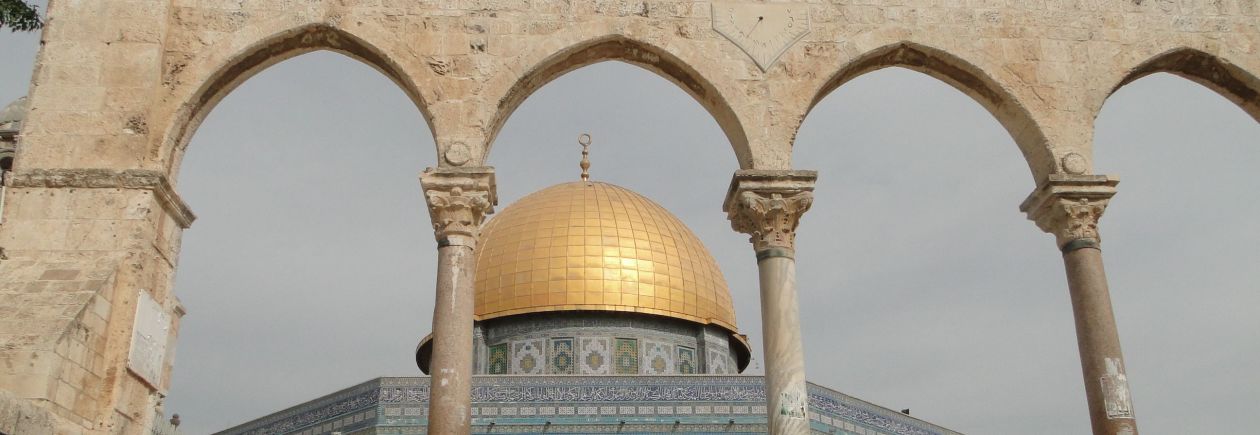by Thomas L. Friedman New York Times AUG. 12, 2015
With the U.S. and Israel openly arguing over the Iran nuclear deal, I’ve asked myself this: How would I look at this deal if I were an Israeli grocer, an Israeli general or the Israeli prime minister?
If I were an Israeli grocer, just following this deal on the radio, I’d hate it for enshrining Iran’s right to enrich uranium, since Iran regularly cheated its way to expanding that capability, even though it had signed the Nuclear Nonproliferation Treaty. After all, Iran holds “death to Israel” marches and in 2006 sponsored a conference to promote denial of the Holocaust. Moreover, Iran’s proxy, the Lebanese Shiite militia, Hezbollah, in 2006, started an unprovoked war with Israel, and when Israel retaliated against Hezbollah military and civilian targets, Hezbollah fired thousands of Iranian-supplied rockets all across Israel. No — no matter the safeguards — I as an Israeli grocer would reject this deal from my gut.
If I were an Israeli general, I’d share my grocer’s skepticism, but end up somewhere else (as many Israeli military officers have). I’d start by recalling what the Israeli statesman Abba Eban used to say when Israeli hawks would argue against taking risks for peace with the Palestinians, that Israel is not “a disarmed Costa Rica.” It not only possesses some 100 to 200 nuclear weapons, it also can deliver them to Iran by plane, submarine and long-range rocket. I’d also note the reason Hezbollah hasn’t launched an unprovoked attack on Israel since 2006 is it knows, by experience, that Israel’s core strategic doctrine is this: No enemy will ever out-crazy us into leaving this region.
Israel plays, when it has to, by what I’ve called “Hamas rules” — war without mercy. The Israeli Army tries to avoid hitting civilian targets, but it has demonstrated in both Lebanon and Gaza that it will not be deterred by the threat of civilian Arab casualties when Hezbollah or Hamas launches its rockets from civilian areas. It is not pretty, but this is not Scandinavia. The Jewish state has survived in an Arab-Muslim sea because its neighbors know that for all its Western mores it will not be out-crazied. It will play by local rules. Iran, Hamas and Hezbollah know this, which is why Israel’s generals know they possess significant deterrence against an Iranian bomb.
And Iran’s ayatollahs have long demonstrated they are not suicidal. As the Israeli strategists Shai Feldman and Ariel Levite wrote recently in National Interest: “It is noteworthy that during its thirty-six-year history the Islamic Republic [of Iran] never gambled its survival as Iraq’s Saddam Hussein did three times” — by launching a war against Iran in 1980, invading Kuwait in 1990 and betting that George W. Bush would not attack him in 2003. If I were an Israeli general, I wouldn’t love this deal, but I could see its advantages, especially if the U.S. enhanced its deterrence.
If I were Israel’s prime minister, I’d start by admitting that my country faces two existential threats: One, external, is an Iranian bomb and the other, internal, is the failure to separate from the West Bank Palestinians into two states, leaving only a one-state solution where Israel would end up governing so many Palestinians it could no longer be a Jewish democracy.
To deal with the Iran threat I would not, as Israel’s leader, be pressuring U.S. Jews to go against their own government to try to scuttle the deal — when I have no credible alternative.
This deal sharply reduces Iran’s bomb-making uranium stockpile for 15 years, and pushes Iran’s ability to break out with a nuclear weapon from three months — where it is now — to a year. I’d be very confident that if I can keep Iran one year away from a bomb for 15 years, during that time Israel’s defense technologists will develop many more ways to detect and eliminate any kind of Iranian breakout.
And I’d recognize that if my lobbyists in Washington actually succeeded in getting Congress to scrap this deal, the result wouldn’t be a better deal. It would be no deal, so Iran would remain three months from a bomb — and with no intrusive inspectors, with collapsing sanctions and Israel, not Iran, diplomatically isolated.
So rather than fighting with President Obama, as prime minister I’d be telling him Israel will support this deal but it wants the U.S. to increase what really matters — its deterrence capability — by having Congress authorize this and any future president to use any means necessary to destroy any Iranian attempt to build a bomb. I don’t trust U.N. inspectors; I trust deterrence. And to enhance that I’d ask the U.S. to position in the Middle East the U.S. Air Force’s Massive Ordnance Penetrator (MOP), a precision-guided, 30,000-pound “bunker buster” bomb that could take out any Iranian reactor hidden in any mountain. The Iranians would get the message.
And then I’d put all my energies as Israel’s leader into trying to securely disengage from the West Bank Palestinians to preserve Israel as a Jewish democracy. That — plus the Iran deal plus enhanced U.S. deterrence — would make Israel more secure against both its existential threats.
Unfortunately, Israel has a prime minister whose strategy is to reject the Iran deal without any credible Plan B and to downplay the internal threat without any credible Plan A.
